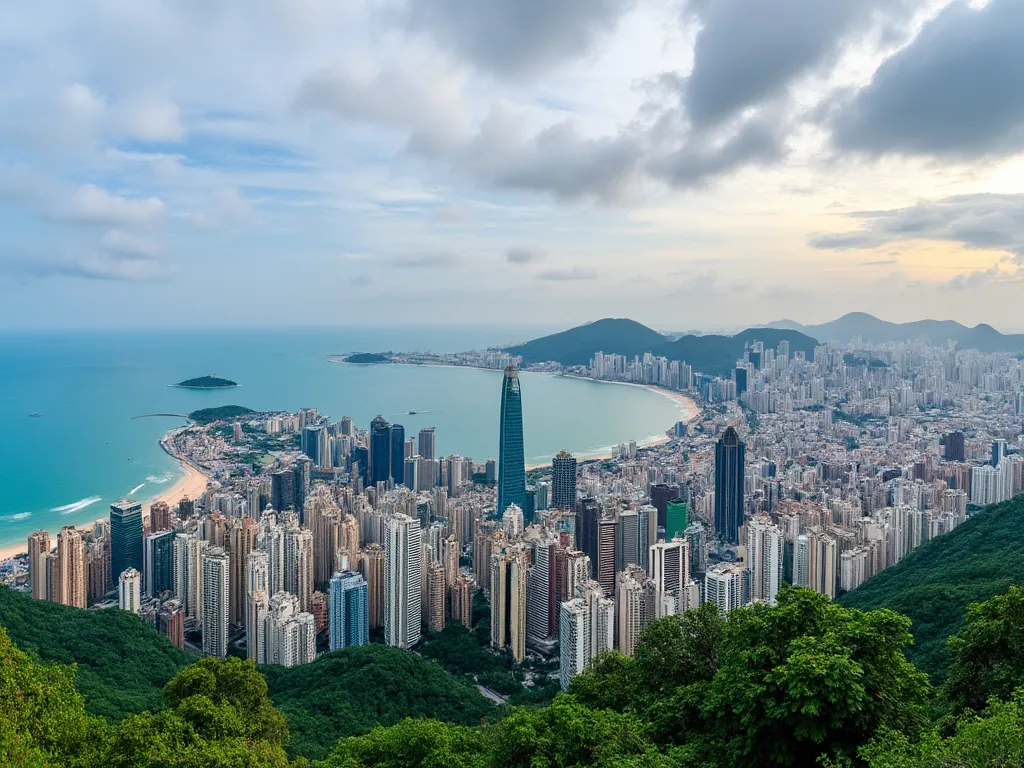
Macau, a Special Administrative Region of China, is a unique blend of Eastern and Western cultures. Located on the western coast of the Pearl River Delta, Macau has a rich history dating back to the Qin dynasty (221-206 BCE). The city's strategic location has made it an important trading center for centuries, with the Portuguese establishing a settlement in 1557.
Macau information
| Country | 🇲🇴 Macao |
| Population | 648,000 |
| Coordinates | 22.1987° N, 113.5439° E |
| Area | 30.5 km² |
| Climate | Humid subtropical climate |
| Language | Cantonese, Mandarin, Portuguese |
| Currency | Macanese pataca (MOP) |
| Time zone | Macau Standard Time (UTC+8) |
| Proximity to other major cities | 60 km from Hong Kong, 145 km from Guangzhou |
Interesting facts about Macau
- Macau is the most densely populated region in the world, with a population density of over 21,000 people per km².
- The city has a unique "egg tart" dessert, which is a must-try when visiting Macau.
- Macau is home to the iconic Casino Lisboa, which was built in 1970 and features a distinctive "rooftop sail" design.
- The city hosts the annual Macau Grand Prix, which is one of the most prestigious racing events in Asia.
Tourist attractions in Macau
- Ruins of St. Paul's Cathedral: A historic landmark and one of Macau's most iconic attractions.
- Senado Square: A picturesque square surrounded by historic buildings and shops.
- A-Ma Temple: A UNESCO World Heritage Site and one of the oldest temples in Macau.
- Casino Lisboa: A iconic casino and one of the city's most famous landmarks.
- Macau Tower: A 338-meter-tall observation tower with stunning views of the city.
Historical background of Macau
Macau's history is marked by its role as a major trading center between China and Europe. The city's prosperity grew significantly during the 16th and 17th centuries, with the establishment of the Jesuit mission and the construction of the iconic Ruins of St. Paul's Cathedral. In 1887, Macau became a Portuguese colony, and it remained under Portuguese rule until 1999, when it was returned to China.
Geographical location of Macau
Macau is situated on the western coast of the Pearl River Delta, bordering the Guangdong province of China to the north and the South China Sea to the east. The city is composed of the Macau Peninsula, Taipa Island, and Coloane Island, with a total area of 30.5 km².
Cultural significance of Macau
Macau's unique cultural heritage is a blend of Chinese and Portuguese influences. The city is home to numerous historical landmarks, including the A-Ma Temple, the Senado Square, and the Fortaleza do Monte. Macau's cuisine is also a fusion of East and West, with popular dishes such as minchi (a stir-fry dish) and feijoada (a bean stew).
Economic importance of Macau
Macau is a major gaming and tourism hub, with numerous casinos and resorts. The city's economy is heavily reliant on the gaming industry, with revenues from casinos accounting for over 80% of the government's income. Macau is also a significant financial center, with the Macau Stock Exchange and the Banco Nacional Ultramarino (BNU) being two of the city's major financial institutions.
Conclusion on Macau
In conclusion, Macau is a fascinating city that offers a unique blend of Eastern and Western cultures, rich history, and exciting attractions. Whether you're interested in history, culture, or entertainment, Macau has something to offer for every type of traveler.
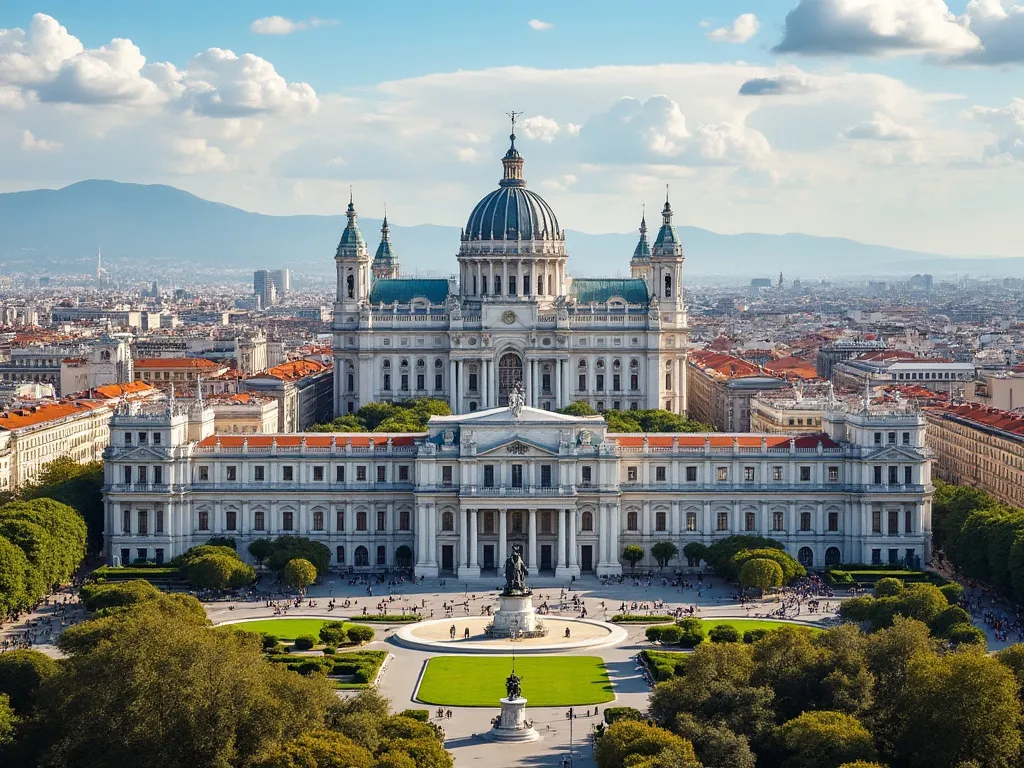 Madrid
Madrid
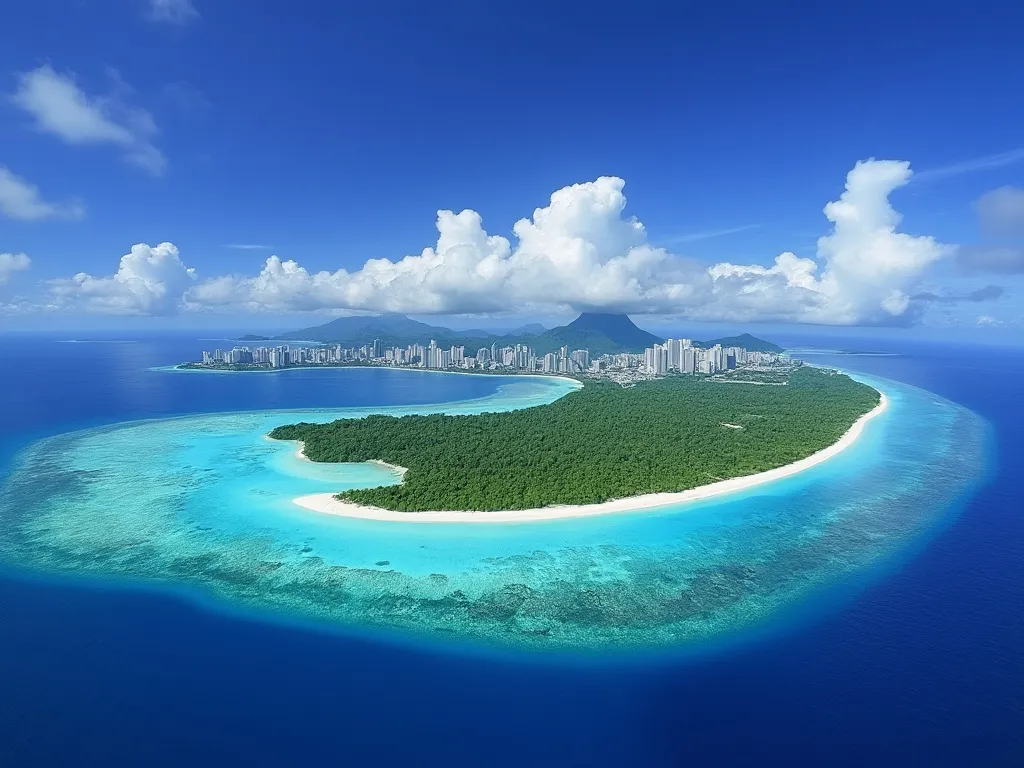 Majuro
Majuro
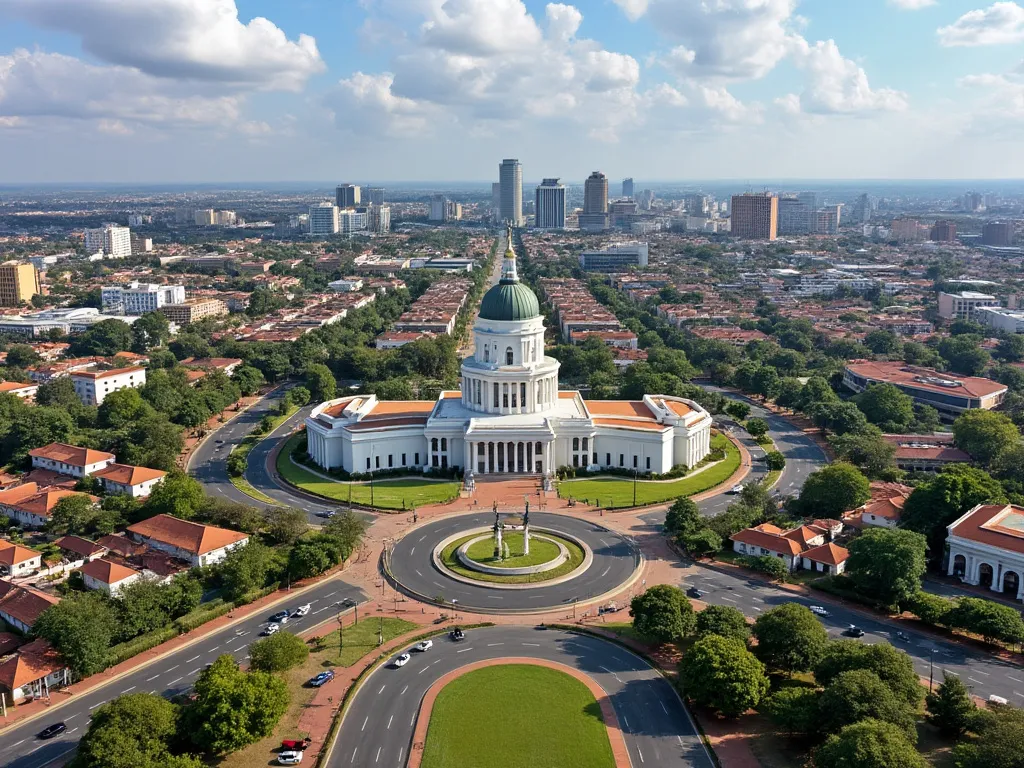 Lusaka
Lusaka
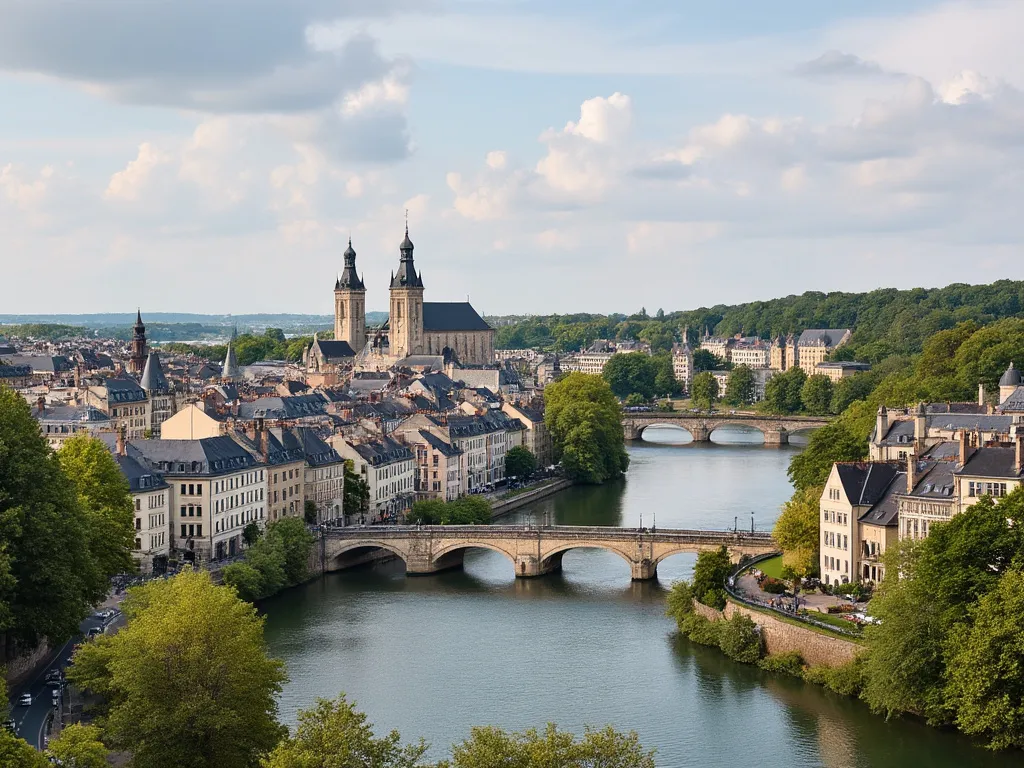 Luxembourg
Luxembourg